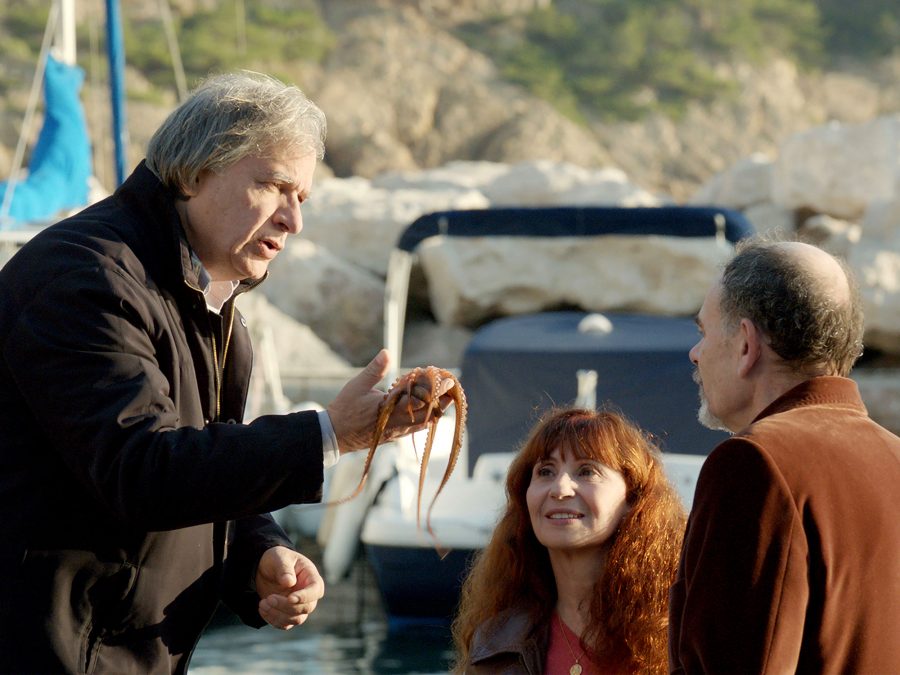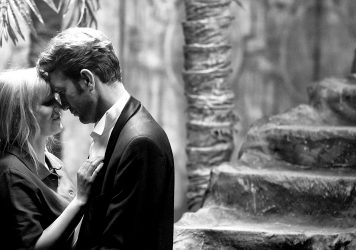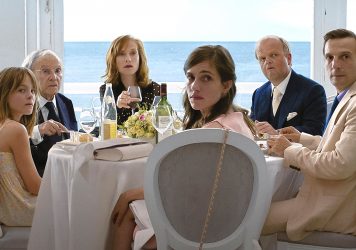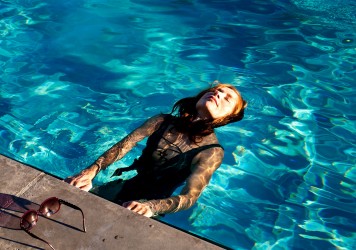Director Robert Guédiguian brings together a familiar cast for this introspective coastal drama.
The future of France and the family unit are central to this new work by veteran director Robert Guédiguian. Fred Ulysse plays Maurice, the ailing patriarch of a fragmented family. His three children return to their picturesque homeland in the Bouches-du-Rhone to see how much of it, and they, have changed.
The way the film subtly charts family dynamics and sociopolitical upheaval in the region is no mean feat, even if it does buckle under the weight of its own modest ambitions. Guédiguian affirms himself as a stellar craftsman of tone, his stationary camera emphasising the encroaching stagnation of this swiftly gentrifying community. His decision to elevate sound design, dismissing any kind of score, creates a sense of tranquility.
The cautious Ariane Ascaride takes centre stage, delivering a tragic, albeit one-note performance. Her sense of vacancy, however, is countered by Jean-Pierre Darroussin’s layered turn as her brother, fluctuating from cynic, to pervert, to utterly sympathetic victim of paternal influence. Periodic flashbacks show how their characters arrived at this point, and one is taken from the director’s 1986 film featuring the same cast, Ki Lo Sa?.

The film touches on issues of social mobility and immigration, as well as the generational rift between the characters which has helped to define their own (often divergent) political ideologies. The innocent portrayal of youth juxtaposes the harsh reality of age in one of many recurring visual motifs. While these concerns are clearly important to the filmmaker, they often feel strident and obvious.
The House by the Sea covers a lot of ground, and while a third-act segue is set up, it feels tacked on to the domestic drama that unfolds in the preceding hour. Nonetheless, the finale offers a cathartic and surprisingly optimistic conclusion. Guediguian does try to juggle too much here, but occasional flickers of brilliance still manage to shine through.
Published 11 Jan 2019
Guédiguian has worked with proficiency over the years.
Far from easy going, but the Ki Lo Sa? sequence carries exceptional warmth.
A languorous look at family and modernity that only just manages to give each their due.

A tempestuous romance on national themes makes for chilly viewing in Pawel Pawlikowski’s monochrome drama.

Europe’s refugee crisis backdrops this unconventional family drama from deadpan master Michael Haneke.

A film in which Isabelle Huppert and Gérard Depardieu play fictional versions of themselves should’ve been better.